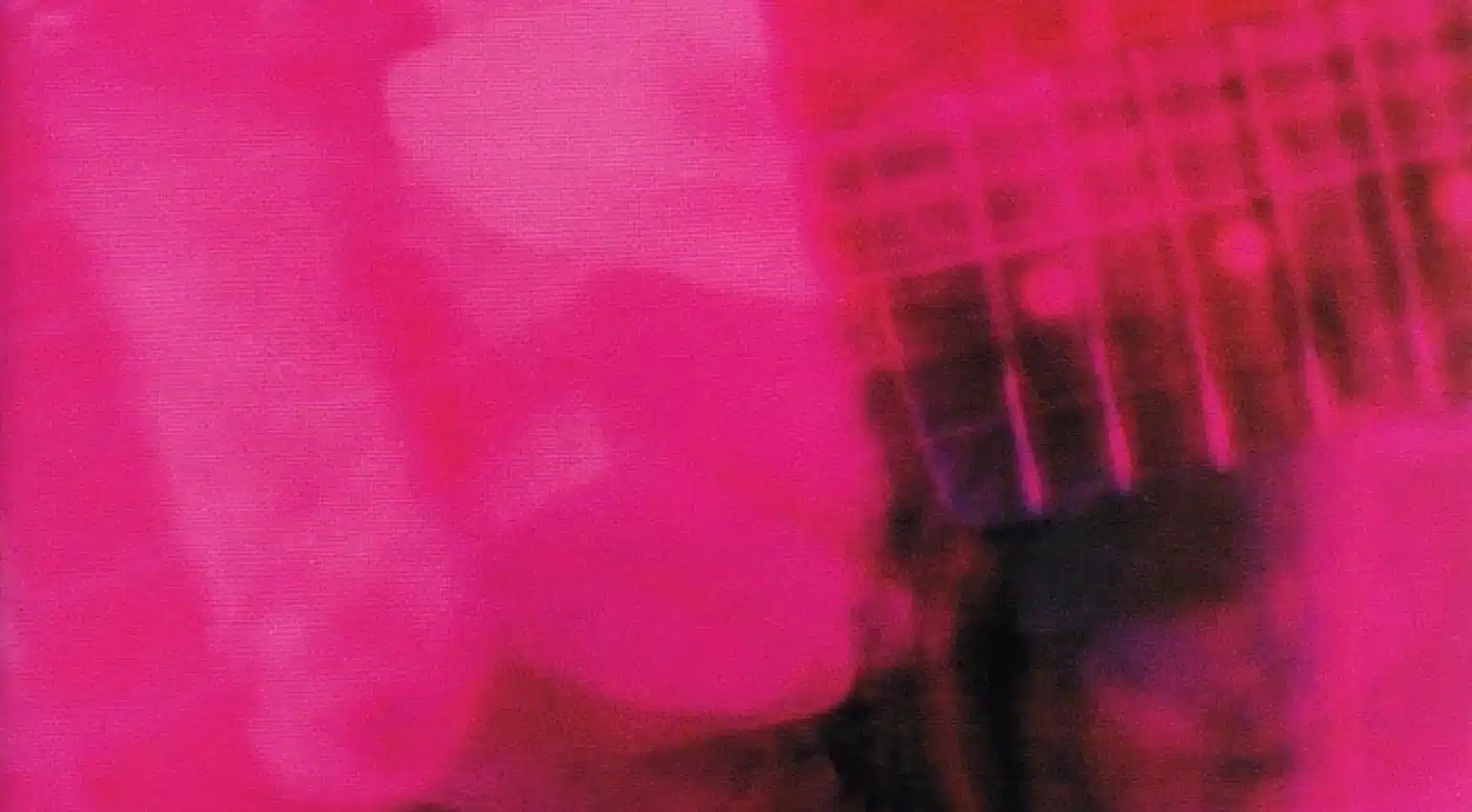The Beautiful Collapse: My Bloody Valentine’s “Loveless” and the sound of disintegrating heaven
It begins like a memory of light, misremembered. A soft drone. A crack of noise. Then “Only Shallow” crashes through, not with clarity but with collapse, layer upon layer of distorted guitar, bent like molten glass, spiralling around a beat that seems too fragile to carry it. And just like that, “Loveless” begins, an album that doesn’t ask to be heard so much as felt, absorbed, surrendered to.
Released on November 4, 1991, “Loveless” is more than a landmark. It is a rift in time, a shimmering rupture in the lineage of rock music. What My Bloody Valentine created over two years of obsessive recording and studio-hopping is not just the pinnacle of Shoegaze, it’s an argument for music as sensation, as landscape, as dream. It is not merely heard through ears; it is experienced through the body, through memory, through the imagined places between noise and silence.
Where “Isn’t Anything” hinted at the revolution, “Loveless” consummated it. Kevin Shields, who had already begun dismantling the guitar’s traditional vocabulary, completed his transformation into sonic auteur, rendering his instrument unrecognizable and transcendent. Guitars no longer riffed or strummed, they shimmered, warped, trembled, bled. Shields pioneered the now-mythic “glide guitar” technique and layered sound upon sound until the textures folded in on themselves, a perfect implosion.
The recording process became infamous: nearly 20 engineers, countless studio changes, rumours of financial ruin. Legend has it that the album nearly bankrupted Creation Records. But what emerged from that chaos is a monument to artistic persistence, a testament to obsession as form.
Vocals, mostly delivered by Bilinda Butcher and occasionally by Shields himself, are not so much sung as breathed into the mix, coiled in reverb, buried like lost messages in a storm. Lyrics are indecipherable, almost irrelevant. The voice becomes another instrument, another texture, erotic, distant, ghostlike. It’s as if the songs are singing themselves.
There are moments of near-pop clarity: the celestial drift of “When You Sleep,” the syncopated sway of “Loomer,” the aching pulse of “Blown a Wish.” But even these are blurred at the edges, suspended in a haze of feedback and harmonic bloom. Then there’s “To Here Knows When”, arguably the album’s emotional and aesthetic core, a track that abandons structure almost entirely, dissolving into a glowing blur of pitch-shifted noise, impossibly sensual and violently serene.
Each song on “Loveless” is a self-contained world, yet all are part of a single spell. “Come in Alone” stomps through molasses-thick distortion; “I Only Said” loops itself endlessly into a narcotic trance; “Soon,” the album’s closer, hints at dance rhythms and electronic futures, anticipating genres not yet born.
“Loveless” arrived at a strange moment in music history. Nirvana had just released “Nevermind”. Grunge was ascending. Britpop was waiting in the wings. In the middle of it all, this dense, unclassifiable record emerged like a secret being whispered from another dimension. The British music press struggled. Some were awestruck. Others baffled. Fans were mesmerized. Critics divided. But time would settle the argument.
More than thirty years later, “Loveless” remains uncannily modern. Its influence is immeasurable, echoed in the ambient washes of post-rock, the textures of electronic minimalism, the dream-pop revival, and beyond. Yet it still sounds like nothing else. Artists have tried to copy it. None have succeeded.
In 2013, Shields finally released
a follow-up, “m b v”, a worthy continuation, but the myth of “Loveless”
persists. Not as nostalgia, but as a touchstone, a reminder of what music can
be when it abandons rules, when it chooses immersion over explanation, when it
lets beauty collapse into noise. “Loveless” is not perfect. That’s why it’s
immortal. It feels alive, unstable, breathing. It is both suffocating and
liberating, both intimate and cosmic. A love letter written in distortion. A
dream that never resolves. A scream turned into light. And when it ends, you
are not the same.


Comentários
Enviar um comentário